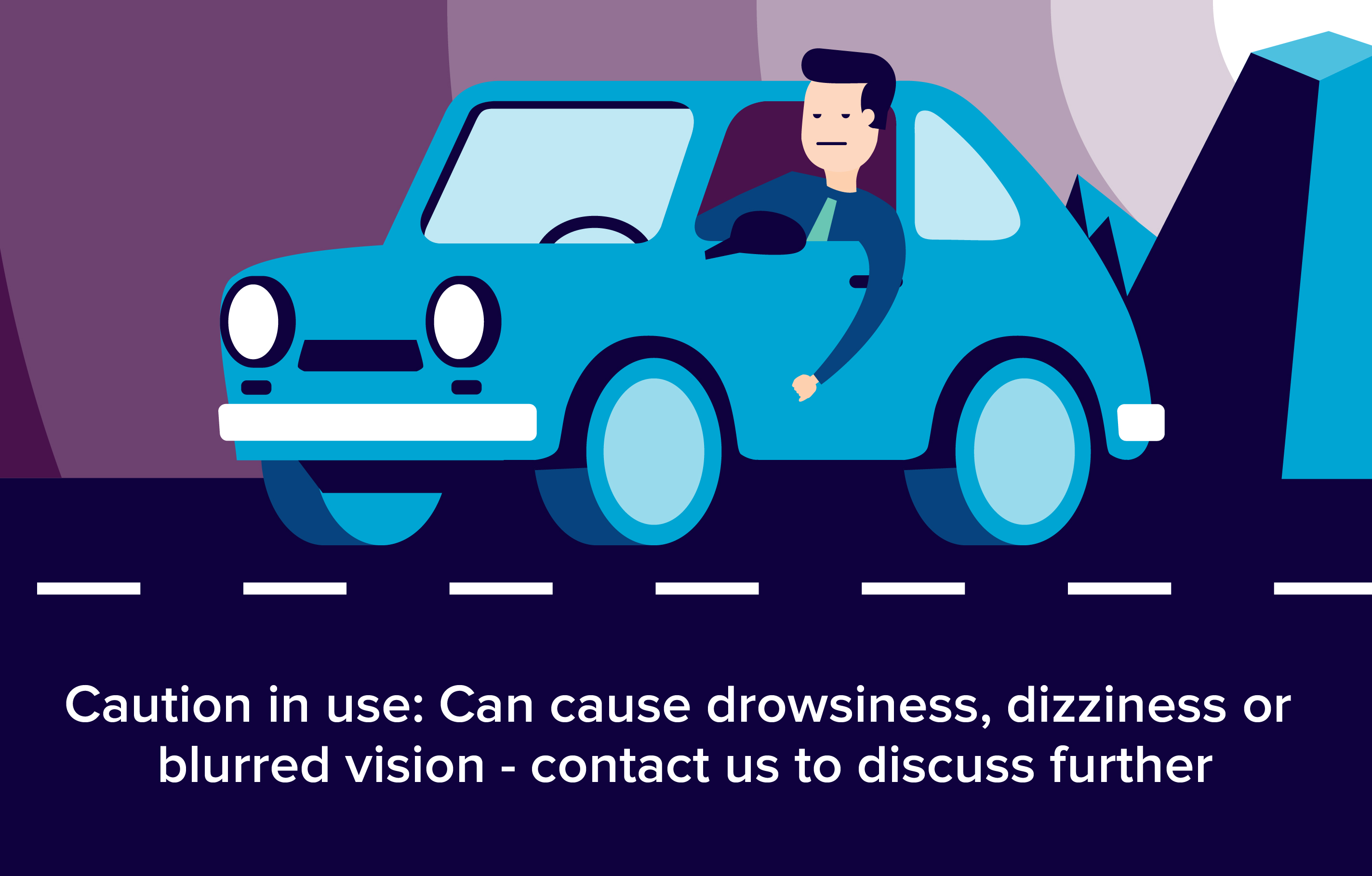Galvus tablets contain the active ingredient vildagliptin, which is a type of medicine called a dipeptidyl peptidase-4 (DPP-4) inhibitor. It is used to treat type 2 or non-insulin dependent diabetes (NIDDM).

What is it used for?
- Type 2 diabetes (non-insulin dependent diabetes).
- Galvus can be used on its own to improve blood sugar control in people whose blood sugar is not controlled by changes to their diet and exercise alone and who can't take metformin.
- Galvus is also used for people with type 2 diabetes whose blood sugar is not sufficiently controlled by other antidiabetic medicines. It can be added to treatment with metformin; a sulphonylurea, for example gliclazide; or another type of antidiabetic medicine known as a thiazolidinedione (glitazone), for example pioglitazone or rosiglitazone. It can also be added to treatment with insulin.
How does it work?
- Galvus tablets contain the active ingredient vildagliptin, which is a type of medicine called a dipeptidyl peptidase-4 (DPP-4) inhibitor.
How do I take it?
- Galvus tablets can be taken either with or without food. They should be swallowed with a drink of water.
- The dose prescribed and how often to take the medicine depends on how well your blood sugar is controlled and what other medicines you are taking. Follow the instructions given by your doctor. These will be printed on the dispensing label that your pharmacist has put on the packet of medicine.
- If you forget to take a dose of this medicine, take it as soon as you remember. Then take your next dose at the usual time. If it is almost time for your next dose, skip the dose you missed. Do not take a double dose to make up for a forgotten tablet.
Use with caution in
- People with moderate to severely decreased kidney function, or having dialysis for kidney failure.
- People with mild heart failure.
Not to be used in
- Type 1 diabetes.
- Diabetic ketoacidosis.
- People with decreased liver function.
- Pregnancy.
- Breastfeeding.
- This medicine is not recommended for people with moderate to severe heart failure.
- This medicine is not recommended for children and adolescents under 18 years of age because it has not been studied in this age group.
- This medicine contains lactose and should not be taken by people with rare hereditary problems of galactose intolerance, the Lapp lactase deficiency or glucose-galactose malabsorption.
- This medicine should not be used if you are allergic to one or any of its ingredients. Please inform your doctor or pharmacist if you have previously experienced such an allergy.
If you feel you have experienced an allergic reaction, stop using this medicine and inform your doctor or pharmacist immediately.
Pregnancy and breastfeeding
- Certain medicines should not be used during pregnancy or breastfeeding. However, other medicines may be safely used in pregnancy or breastfeeding providing the benefits to the mother outweigh the risks to the unborn baby. Always inform your doctor if you are pregnant or planning a pregnancy, before using any medicine.
- The safety of this medicine for use during pregnancy has not been established. It should not be used during pregnancy. Diabetes mellitus is usually controlled using insulin during pregnancy, because this provides a more stable control of blood sugar. If you get pregnant while taking this medicine, or are planning a pregnancy, you should seek medical advice from your doctor.
- It is not known if this medicine passes into breast milk. The manufacturer states that it should not be used by breastfeeding mothers. Seek medical advice from your doctor.
Side effects
Medicines and their possible side effects can affect individual people in different ways. The following are some of the side effects that are known to be associated with this medicine. Just because a side effect is stated here does not mean that all people using this medicine will experience that or any side effect.
- Nausea.
- Swelling of the legs and ankles due to excess fluid retention.
- Headache.
- Tremor.
- Feeling weak.
- Dizziness.
- Constipation.
- Low blood sugar levels (when used with metformin, sulphonylurea or insulin). See warning section above.
- Joint pain.
- Inflammation of the nose and throat, causing a blocked or runny nose and sore throat (nasopharyngitis).
- Changes in liver function.
- Inflammation of the liver (hepatitis) - see warning section above)
- Inflammation of the pancreas (pancreatitis). See the warning section above.
- Skin reactions.
The side effects listed above may not include all of the side effects reported by the medicine's manufacturer.
For more information about any other possible risks associated with this medicine, please read the information provided with the medicine or consult your doctor or pharmacist.
How can this medicine affect other medicines?
It is important to tell your doctor or pharmacist what medicines you are already taking, including those bought without a prescription and herbal medicines, before you start treatment with this medicine. Similarly, check with your doctor or pharmacist before taking any new medicines while taking this one, to make sure that the combination is safe.
Medicines that increase blood sugar levels as a side effect may make this medicine less effective at controlling blood sugar. Medicines that can increase blood sugar levels include the following:
- antipsychotic medicines, such as chlorpromazine, olanzapine, risperidone
- beta-2-agonists, such as salbutamol, salmeterol
- corticosteroids, such as prednisolone
- glucosamine
- oestrogens and progestogens, such as those contained in oral contraceptives
- thiazide diuretics, such as bendroflumethiazide.
Your doctor may want to monitor your blood sugar if you start or stop treatment with any of these while taking this medicine, and if necessary your doctor may alter your dose of this medicine.
If you have any more questions please ask your Pharmacist.
Remember to keep all medicines out of reach of children
Please Note: We have made every effort to ensure that the content of this information sheet is correct at time of publish, but remember that information about drugs may change. This sheet does not list all the uses and side-effects associated with this drug. For full details please see the drug information leaflet which comes with your medicine. Your doctor will assess your medical circumstances and draw your attention to any information or side-effects which may be relevant in your particular case.
References:
https://www.medicines.org.uk/emc/medicine/20734
https://www.drugs.com/uk/galvus.html
http://www.news-medical.net/drugs/Galvus.aspx
https://en.wikipedia.org/wiki/Vildagliptin
http://patient.info/medicine/vildagliptin-for-diabetes-galvus
http://www.netdoctor.co.uk/medicines/diabetes/a8682/galvus-vildagliptin/



